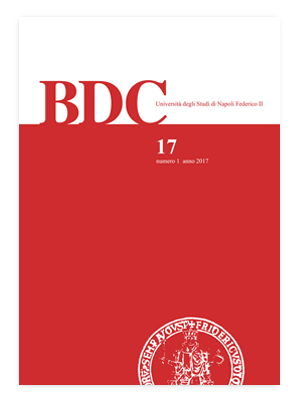TOWARDS A CIRCULAR PORT-CITY DEVELOPMENT MODEL: A PILOT STUDY IN POZZUOLI, ITALY
Abstract
Today we live in an increasingly urbanized world. Half of humanity lives in cities and this trend is expected to continue. Many of the world’s largest cities are also port cities and, today, the relationship between port and city is becoming a central issue in the debate on local sustainable development. A new regenerative model of urban development is required. The circular economy model can be proposed to operationalize the regenerative model of port-city development. This paper is positioned in the transition phase from linear to circular development models and proposes, in particular, first steps to integrate cultural heritage as a key element of circularization processes in historic cities. The aim of this paper is to explore emerging “circular” models of urban development and to test potential and limitations in the case study of Pozzuoli (Naples, Italy) highlighting whether and how
cultural heritage can be a driver of circular regeneration in the port-city interface.
Keywords: port-city system, circular economy, circular city
Downloads
Copyright (c) 2018 BDC. Bollettino Del Centro Calza Bini

This work is licensed under a Creative Commons Attribution 4.0 International License.
